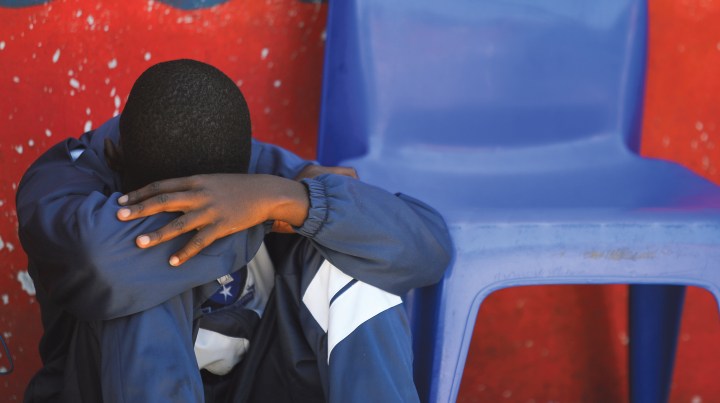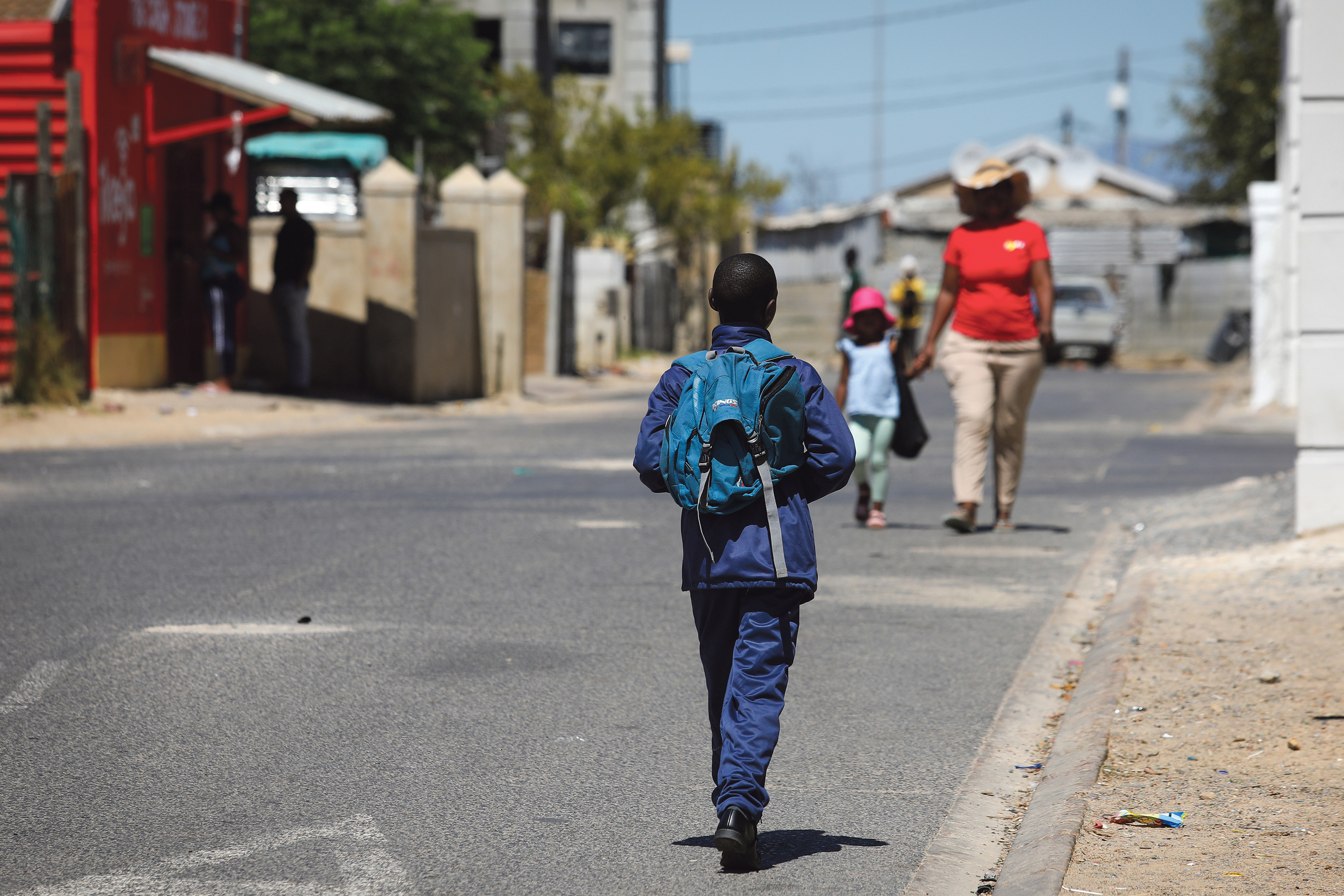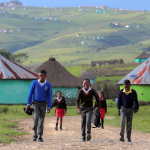CLASS OF 2023
How community effort and spirit of resilience helped matrics up their game

Nurturing resilience went a long way in helping Grade 12 learners succeed in the National Senior Certificate exams despite their facing overwhelming challenges
The announcement of an improved matric result has been lauded by all and sundry. The joy of success has been palpable as an education system in perpetual crisis showed much-needed signs of recovery after the pandemic despite rolling blackouts, the digital divide and other deficiencies.
So, what has changed? What interventions made the difference? And what can we learn from this?
We have sought the views of several school leaders who are in various leadership development programmes at the University of Johannesburg, and from our community outreach projects in provinces across the country. What we learnt from some of these conversations is that ordinary actions have the potential to nurture learner resilience and, in turn, the propensity for success.
Hope was found to be a natural buffer against the stress and anxiety that learners normally feel in the matric year. School principals mentioned that, in dire circumstances, there is a need to “keep hope alive”. So, instead of instilling a fear of the exams, they made learners feel like they were “the hope of their school, families and communities”.
In this way, “they entered matric preparation with an aura of positive energy”. This observation correlates well with studies which show that this kind of social support makes hope a modifiable resilience factor to be leveraged as a mechanism for providing psychosocial support during times of turmoil.
School leaders also spoke of drawing on an age-old knowledge system to help learners adapt to hardships when it came to preparing for the matric exams. Many employed a robust indigenous pathway and resilience response called “flocking”. It is a collectivist, collaborative and pragmatic social innovation to provide communal care and support when resources are constrained.
School leaders conducted a resource analysis at school and then among the families of learners in matric so that matriculants in child-headed households, for example, could be integrated into stronger family units for periods in the year when focus and study support was needed. Such an approach sparked citizen agency and disrupted structural disparities, and it was found to be a factor contributing to the resilience of learners with dire living and learning conditions.
In another demonstration of resilience, a learner initiated a learning camp by approaching his school principal, who supported the request. However, the school did not have hostel facilities, so teachers were roped in to carry out the afternoon and evening programme.
The school principal said: “We let them study as late as 10pm in the evenings. We also give them a warm meal because we have a great group of committed teachers who make themselves available to stay with them, monitor them and help them in the evenings. It’s a lot of hard work and dedication.”
To lead teams of dedicated teachers who are willing to go the extra mile means that school leaders need to know enough about the disadvantaged lives of learners, as well as the accessible social capital, and to use this knowledge constructively.
Such learning camps offer learners an opportunity to spend extended hours with teachers and peers as they collectively drive matric success together. They offer resilience through sharing the study burden and providing learners with a safe and secure environment that has stable electricity and the food needed to ensure study success.
These camps were also found to be a relief for learners who had to travel long distances to school. Some school principals forged a relationship with the local library so that learners could be offered conducive places of learning outside the home where peers could meet and assist each other.
Going beyond the ordinary

Learning camps offered some relief for learners who had to travel long distances to school, while local libraries provided a safe space for learners to study outside their homes. (Photo: Shelley Christians)
School leaders often supported learner resilience by going beyond the ordinary and engaging in atypical education service provision that was contextually congruent. This often related to material and financial support. For example, at times they turned a blind eye to the non-payment of fees.
Another example was when one of our principals pleaded with a magistrate to redirect the expenditure of a family inheritance. The problem was that, in accordance with tribal customs, the pension left by the matriculant’s late father had been divided among several wives, so her mother had too little money to pay her fees and daily travel to school. These acts acknowledged the reality of disruptions in families, and support from school leaders enabled learner success.
In addition, supporting learners to prioritise schooling and aim for university requires the cultivation of academic diligence. Often, verbal encouragement and a tangible reward gave learners some motivation. Small monetary incentives or a celebratory meal were financed by school leaders.
In contexts of extensive material insufficiency and hunger, these tangible incentives spurred and encouraged learners to do their best and strive hard to master the materials required for managing the matric exams.
Promoting resilience among their peers was a theme that emerged in our research of peer education programmes. In these programmes, learners provide leadership to help their peers deal with socioeconomic challenges and high-risk behaviours, including substance abuse, teenage pregnancy and sexually transmitted infections.
Peer educators further ensured that their peers had basics like food and clothes, as well as a listening ear for problems stemming from learners’ homes.
We need more school leaders who are sensitive to learner needs and in tune with the community that learners come from so that schools can provide the mechanisms and structures that nurture learner resilience. DM
Prof Kat Yassim and Dr Suraiya Naicker are with the Department of Education Leadership and Management at the University of Johannesburg.
This story first appeared in our weekly Daily Maverick 168 newspaper, which is available countrywide for R29.





















Comments - Please login in order to comment.